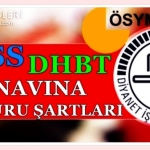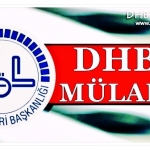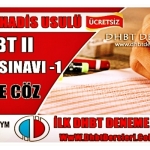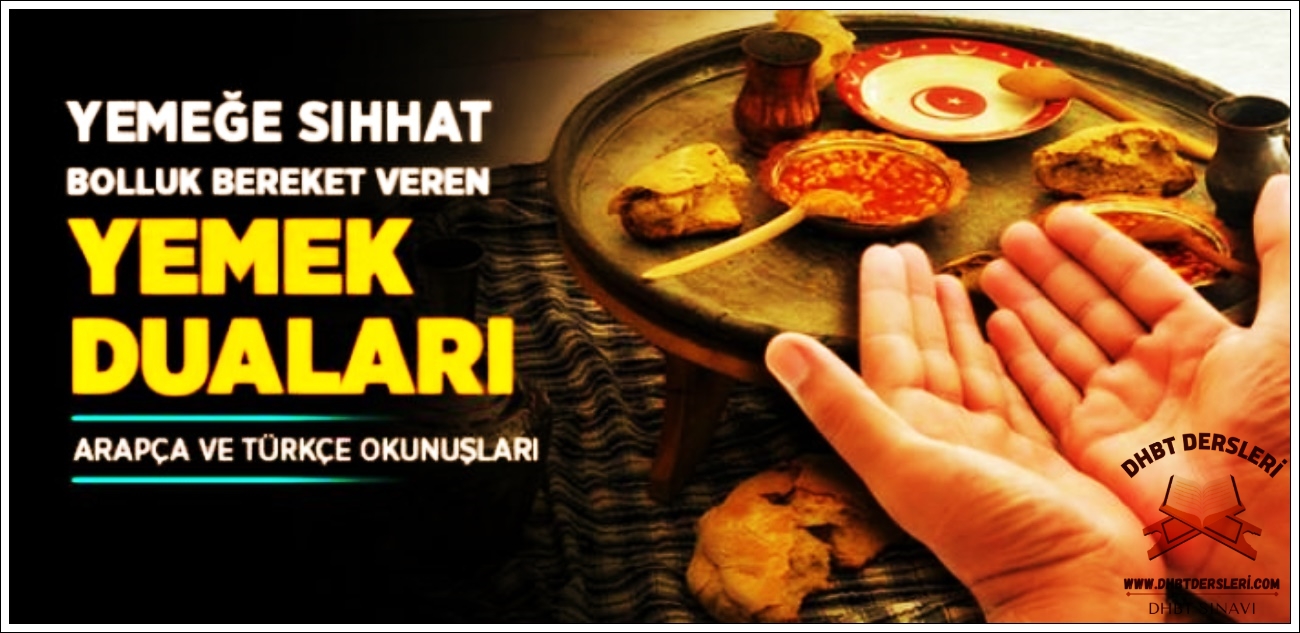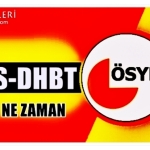Eleventh Stage: And the Fruit of the Devotional Process – the Glad Tidings
We now have come to the fi nal stage of the devotional process. The fruit of all this process is now to be picked. This “beautiful plant” had been planted on the field of the house of Imran. Anna devoted the seedling to her Sustainer while it was still underground.
When the beautiful plant sprouted, she was raised in a beautiful garden prepared for her under the supervision of a gardener the likes of Prophet Zachariah. Already it was almost time for this growing plant to bear her fruit. This is the short story of the devotional process.
What is the conclusion?
Well the conclusion is “the good news.” God named him “the Messiah,” “the good news.” Indeed, because of this challenging process, he became the good news who came to say “salvation.” “Lo! The angels said: ‘O! Behold, God sends thee the glad tiding, through a word from Him, [of a son] who shall become known as the Christ Jesus, son of Mary, of great honor in this world and in the life to come, and [shall be] of those who are drawn near unto God.’ ” (Chapter 3, verse 45)
The Quran stresses that he is a “word” from God, because he was the son of a word from God. 21 (21 In Katade’s opinion.) This word is the command from God: “Be” (“kun”). God said “Be!” and he became. By him, God the almighty was going to break most of the idols of his time. The first idol he broke was the collective idolization of man, whom the Roman society divinized. By being born without a father, he destroyed this social idolization. Look at the force of God to break this social imbalance by how He refers to this man, and a man equipped by supernatural authorities at that: “Jesus, the son of Mary.” God stresses this naming convention in the Quran’s references to Jesus. In divine language, the name “Mary” was made an integral part of the name “Jesus.” Could there be a bett er message of rejection to anyone who discriminates or stereotypes?
The second idol he destroyed is the idolization of nationalism. The nation of sons of Israel, who were given the duty of guarding the divine message, had cheated on this trust, but still continued to see themselves as the chosen nation. The Jews at the time sanctifi ed racism to the extent that they even claimed to have a higher position in the afterlife and favorable treatment on the Day of Judgment. “And they say, ‘The fi re will most certainly not touch us for more than a limited number of days.’ Say [unto them]: ‘Have you received a promise from God – for God never breaks His promise – or do you att ribute to God something which you cannot know?’ ” (Chapter 2, verse 80)
God was destroying this nationalism, which turned into idolatry again, by someone amongst them.
In the verse, the expression “his name is the son of Mary, Jesus” was at the same time drawing a deep rejection to another prospective idolatry. Jesus’ followers soon would distort his message and call him “the son of God,” divinizing him. The Quran points out the right form of address, stressing the fact that he is “the son of Mary.” While rejecting this injustice done to Jesus by his “friends” this way, God also rejects the injustice and slander done to him by his “enemies” in the same verse, by this sentence: “of great honor in this world and in the life to come, and [shall be] of those who are drawn near unto God.”
These polar opposite disasters, one of which comes from “the friends” and the other comes from “the enemies,” are generally two potential problems that await all leaders in society. The first ones were doing injustice to him by divinizing him, which meant putt ing him into a position in which he did not belong. The second group was doing injustice by slander and malicious att acks, trying to draw him down. In the end, these two groups’ actions had a major point in common: They were both unjust.
The last messenger asked to be called “the messenger of God and his servant” and said “do not name me what Christians called the son of Mary!” as he knew the ancient weakness of mankind.
The Jews and Christians were in fact doing injustice to their own selves. What a pity that the vehicle for some was the one they rejected and for the others, it was the one they loved. Hence the duty to continue the legacy of “the good news” was not given to these two aforementioned groups because of their history of underdoing and overdoing. Instead of them,it was given to another group, the Muslims, who do not try to raise up what God lowers, and do not try to lower what God raises up.
There will of course be even amongst the Muslims who are given the trust, people who go astray. Then for sure, there will always be a righteous group of people selected amongst the Muslims and protected from such disease by reading, understanding, and observing the book in their lives: “… and that there might grow out of you a community [of people] who invite unto all that is good, and enjoin the doing of what is right and forbid the doing of what is wrong: and it is they, they who shall att ain to a happy state!” (Chapter 3, verse 104)
Thus, by the hands of the people, described in this verse, this legacy will be maintained and the duty of carrying this trust would be given to them. This devotion story is a historical secret that God gave away to his sincere believers. This story tells one of the methods to be eligible for joining this selected group of people as the Quran mentions in Chapter 3, verse 104 – and even being a leader amongst the selected ones.
“… that there might grow out of you a community [of people] …”


